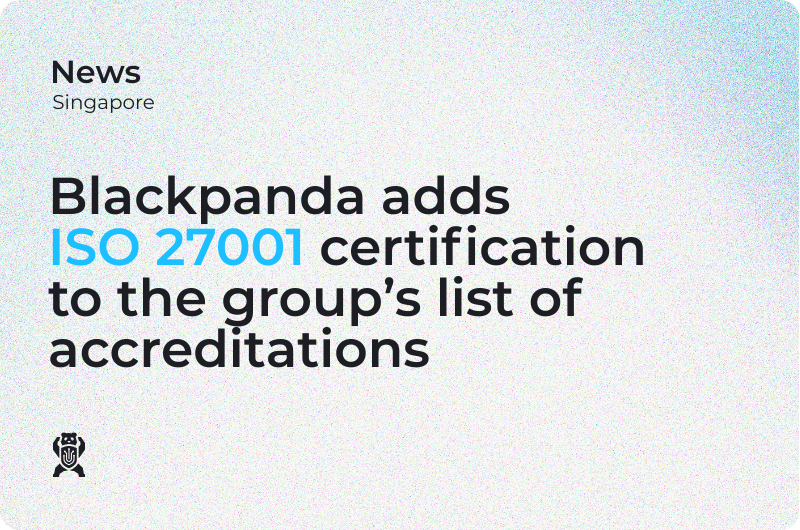At the centre of Hong Kong’s model lies a risk-based approach: frameworks and expectations scale based on an organisation’s size, complexity, exposure to cyber threats, and industry that ensures that highly connected financial institutions and infrastructure operators are held to more rigorous standards, whilst small businesses aren’t overburdened with irrelevant mandates.
Key regulatory bodies, including the Hong Kong Monetary Authority (HKMA), the Office of the Privacy Commissioner for Personal Data (PCPD), the Securities and Futures Commission (SFC), and the Office of the Communications Authority (OFCA), enforce sector-specific obligations. However, they also serve as collaborative partners, providing threat intelligence, workforce training, and proactive guidance to enhance cybersecurity maturity across the city.
This fragmented yet cohesive structure ensures resilience through decentralisation: no single point of failure, but rather a coordinated ecosystem of compliance, intelligence, and control.
Hong Kong’s Regulatory Frameworks in Action
HKMA’s Cybersecurity Fortification Initiative (CFI)
Launched in 2016 and refined in 2021, the CFI is the gold standard for banking cybersecurity in Hong Kong. It requires all authorised institutions (AIs), including banks and deposit-taking companies, to engage in structured cyber maturity development via three pillars:
- Cyber Resilience Assessment Framework (C-RAF): A risk-tiered evaluation tool assessing governance, protection, detection, and response across five maturity levels.
- Professional Development Program: Training pathways for financial cybersecurity professionals.
- Cyber Intelligence Sharing Platform (CISP): A secure venue for sharing threat indicators and patterns across financial institutions.
Compliance is mandatory, with independent validation required for high-risk institutions. This has positioned Hong Kong’s banking sector as one of the most cyber-resilient in the region.
Personal Data (Privacy) Ordinance (PDPO)
The PDPO, enforced by the PCPD, is Hong Kong’s foundational privacy law. Although it does not mandate breach notification, the PCPD strongly encourages timely reporting and transparency. The six Data Protection Principles (DPPs), governing data collection, use, accuracy, security, openness, and access, apply across all sectors.
Following a 2021 update, the PDPO now includes anti-doxxing provisions, empowering the PCPD to issue cessation notices and prosecute harmful data disclosures. Additional guidelines cover emerging risks, such as AI, biometrics, and cloud adoption, all of which intersect with cybersecurity operations.
Other Sector-Specific Mandates
- OFCA oversees telecom operators and ISPs, requiring them to implement technical safeguards and disclose incidents as part of their licensing process.
- The SFC and the Insurance Authority (IA) impose strict cybersecurity and business continuity obligations on financial institutions and insurers, including GL 21, a policy that requires end-to-end cyber risk governance.
While these rules vary in scope, the trajectory is consistent: higher expectations, more rigorous enforcement, and convergence with international frameworks such as NIST and ISO 27001.
IR-1 Assurance. Even If You’ve Never Handled an Incident Before
In Hong Kong’s high-stakes regulatory environment, many SMEs, startups, and non-financial firms lack the internal resources to manage a serious cyber incident, let alone recover in a way that satisfies regulators or insurers.
Blackpanda’s IR-1 Assurance service fills that gap. Built for organisations without mature security programs, IR-1 delivers turnkey incident response, breach containment, and regulator-ready reporting, with no need for pre-existing controls or certifications.
Aligned to Hong Kong’s regulatory structure, from PDPO and PCPD guidance to C-RAF-like expectations, IR-1 helps you meet your “respond and report” obligations fast:
- Breach Identification: We pinpoint the root cause — phishing, ransomware, exfiltration, or insider threats — and generate a timeline of key indicators.
- Data Impact Analysis: Our forensics team classifies the accessed data, aligning with PDPO breach categories such as PII or sensitive financial information.
- Impact Assessment: We determine the scope of the breach, potential harm, and whether it exceeds notification thresholds for regulators or insurers.
No matter your starting point, IR-1 empowers your team to respond with the speed and confidence of experienced professionals.
Built for businesses at any stage of cyber maturity, whether or not you're ISO-certified or C-RAF aligned, IR-1 delivers structure, clarity, and trust from day one.
Whether you're navigating a PDPO data breach or managing a customer-impacting incident, IR-1 ensures you’re ready to act when it matters most.
.png)







